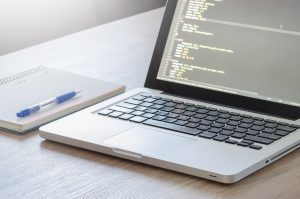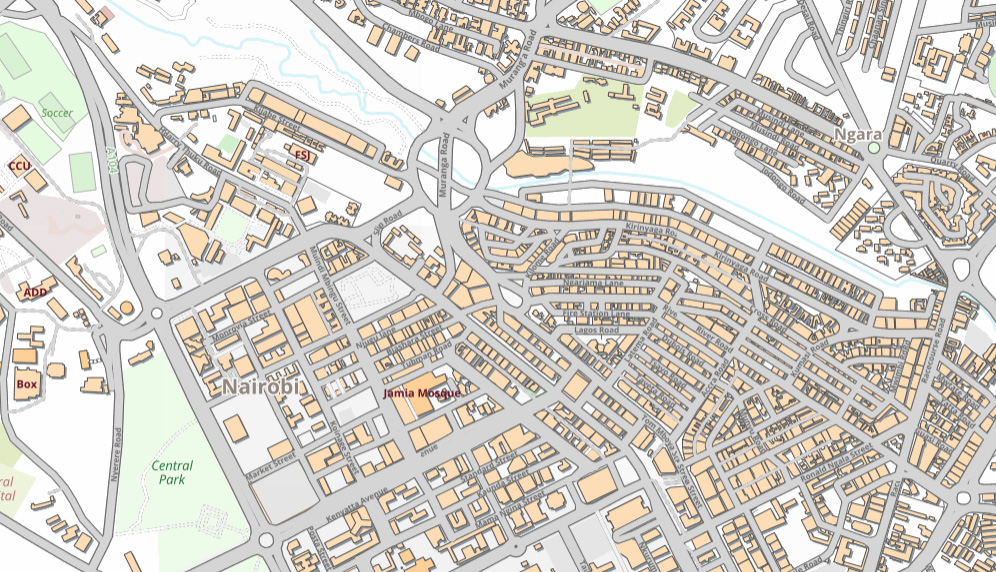Are you going home for the holidays but still want to get some research done? Or are you someone thinking of visiting our Library and want your own access card to make your visits here that much easier?
Then follow the instructions below to see if you could join the SCONUL scheme!
What is SCONUL?
The SCONUL Access scheme is a reciprocal relationship between many university libraries across the UK and Ireland allowing members of the different institutions to make use of each other’s libraries.
What access can I get?
Depending on whether you are a full or part-time student, an undergraduate, postgraduate or staff member, you could be eligible for borrowing books or reference access to other SCONUL Access member libraries.
How do I apply?
Go to the SCONUL Access participating libraries page and select your status and home institution. You will then see a list of all the libraries that you are eligible to use. Select the library that you wish to use and click on the ‘apply for access’ button and complete the online form.
You will receive an email authorizing your registration at all the libraries you are eligible to join. Simply take your email and University Campus Card along to the Library you wish to access and you will be issued with your own access or library card.
Remember you only need to apply once – you can use the same email to join as many libraries as you want!
Note: Not all libraries are members of the scheme, and not all members of the scheme accept all types of users. Each library participating in SCONUL Access chooses which types of users to accept under the scheme. The SCONUL Access participating libraries page will only the display the ones you can use. If you are unsure please contact the Library.
Further information
If you are a current University of Reading student or staff member looking to use another institutions library please follow the link here.
If you are a member of another institution looking to use the University of Readings Library resources please follow the link here
Matthew Pearson, Library User Services





 The problem with access to many of our e-resource platforms has now been resolved, and you should be able to access all e-resources as normal.
The problem with access to many of our e-resource platforms has now been resolved, and you should be able to access all e-resources as normal. Do you struggle with referencing? Have you been marked down for incomplete or inconsistent references? There are some online tools that can help!
Do you struggle with referencing? Have you been marked down for incomplete or inconsistent references? There are some online tools that can help! There are spaces still available on next week’s EndNote Online workshop for undergraduates and masters students.
There are spaces still available on next week’s EndNote Online workshop for undergraduates and masters students.

 It’s every student’s worst nightmare – you’ve finally found the perfect item for your assignment, only to discover that the Library doesn’t have it. But don’t despair! We’ve got lots of ways for you to get your hands on the information you need…
It’s every student’s worst nightmare – you’ve finally found the perfect item for your assignment, only to discover that the Library doesn’t have it. But don’t despair! We’ve got lots of ways for you to get your hands on the information you need…



